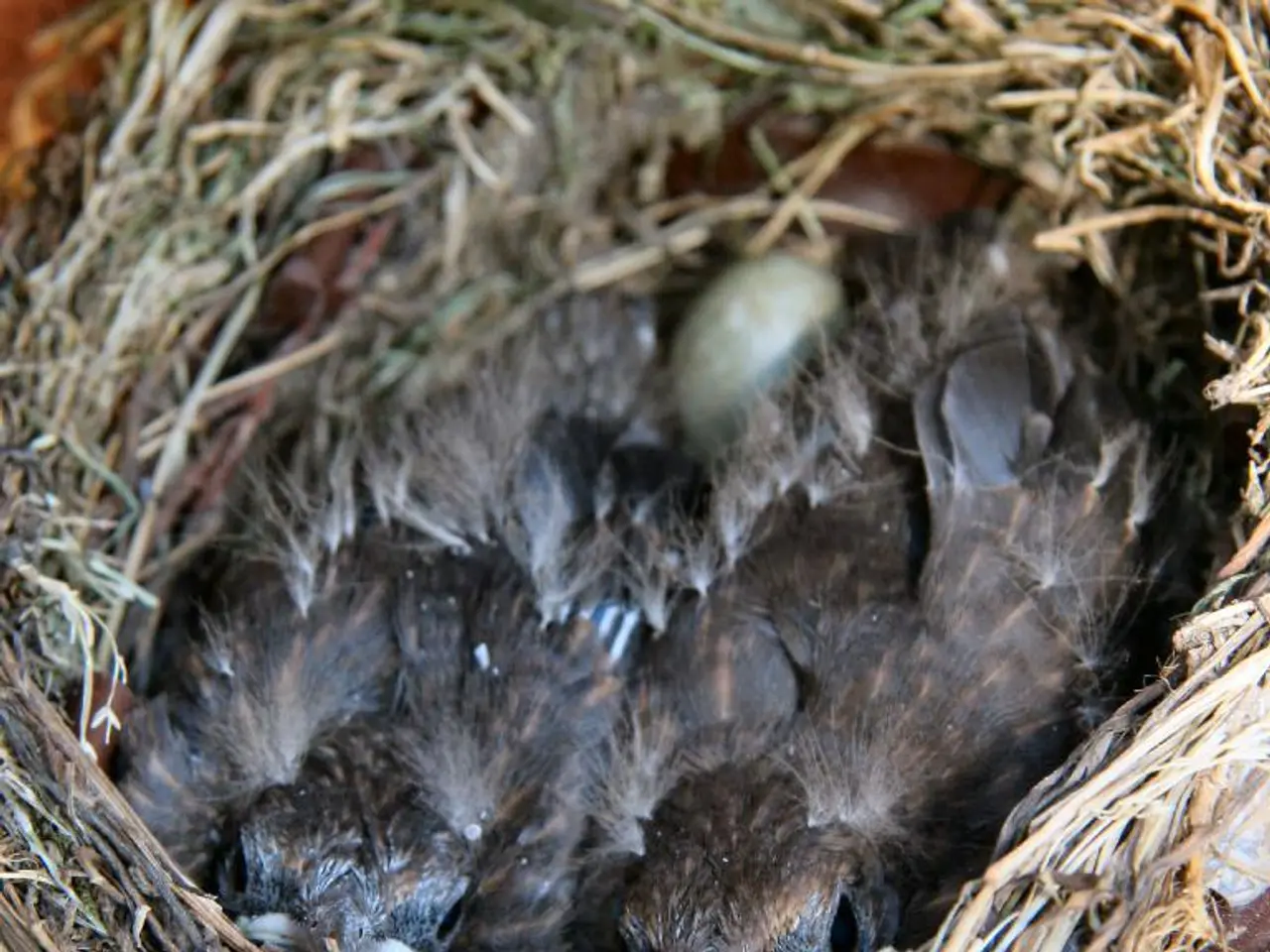Discussion at Scripps Lecture Reveals Evolutionary Insights Connected to Darwin's Finches
In the realm of evolutionary biology, few names resonate as significantly as that of Peter and Rosemary Grant. The husband-and-wife team, renowned for their groundbreaking research on Galápagos finches, will be the featured speakers at the 2016 Richard H. and Glenda G. Rosenblatt Lectureship in Evolutionary Biology.
The Grants' work has shed light on the intricate processes of evolution, offering compelling evidence of natural selection in action. Their research has been instrumental in demonstrating how different finch species have evolved distinct beak shapes and sizes, adapting to various food sources, and showcasing the adaptability and diversity of finches.
Their most notable contribution is the documentation of natural selection in real-time. During a severe drought in the Galápagos in 1977, they observed that finches with larger beaks had a survival advantage because they could crack open tougher seeds. This led to measurable evolutionary changes in beak size over just one generation, providing one of the most compelling examples of natural selection in the wild.
The Grants' work extends beyond the observation of evolutionary processes. They have also explored the genetic basis of finch evolution, contributing to our understanding of how genetic variation underlies phenotypic differences among species. Their ongoing, decades-long study of Galápagos finches has provided a unique window into the dynamics of evolutionary processes, allowing scientists to trace the genetic and phenotypic changes over time.
The 11th Rosenblatt Lecture featuring Peter and Rosemary Grant is scheduled for 3 p.m. on Nov. 21, 2016, at the Robert Paine Scripps Forum for Science, Society and the Environment in La Jolla, Calif. The lectureship is named after Richard Rosenblatt, the renowned ichthyologist and curator emeritus of the Scripps Marine Vertebrates Collection, who passed away in 2014.
Before joining Princeton University, Peter Grant taught at McGill University and the University of Michigan. Rosemary Grant taught at Princeton University and is research scholar and professor emerita in the Department of Ecology and Evolutionary Biology at the same institution. Peter Grant is the Class of 1877 Professor Emeritus in the same department.
The Grants received their training at Cambridge University, the University of British Columbia, Edinburgh University, and Uppsala University. Their research combines analyses of evolution patterns across the Galapagos with detailed investigations of finch populations on the islands of Genovesa and Daphne.
For more information about the Rosenblatt Lecture, visit the provided link. The Grants have received numerous honours and awards for their work, including the Balzan Prize in 2005 and the Kyoto Prize in 2009. Their research has been published in four books, most recently "40 Years of Evolution" (2014). The Grants' work continues to inspire new generations of scientists to explore the intricacies of adaptation and natural selection in diverse ecosystems.
[1] Admission for the lecture is free. [2] The lecture will explore Peter and Rosemary's recent discoveries in the evolution of "Darwin's finches," a population of small birds first encountered by Charles Darwin on the Galapagos islands in 1835. [3] The Grants have identified changes in the evolutionary trajectory of the birds and identified forces behind these modifications. [4] Their research has blended genetics, ecology, and behavior, resulting in their discovery of a new lineage of the species.
- The Grants' ongoing research in the field of science, specifically evolutionary biology and health-and-wellness related to animals, has led to the discovery of a new lineage of Darwin's finches, contributing significantly to the field of education-and-self-development.
- In the realm of space-and-astronomy and fitness-and-exercise, while not directly related to their primary focus, the Grants' work on Darwin's finches offers valuable insights on adaptation and natural selection, which could potentially inspire future research in these domains.




